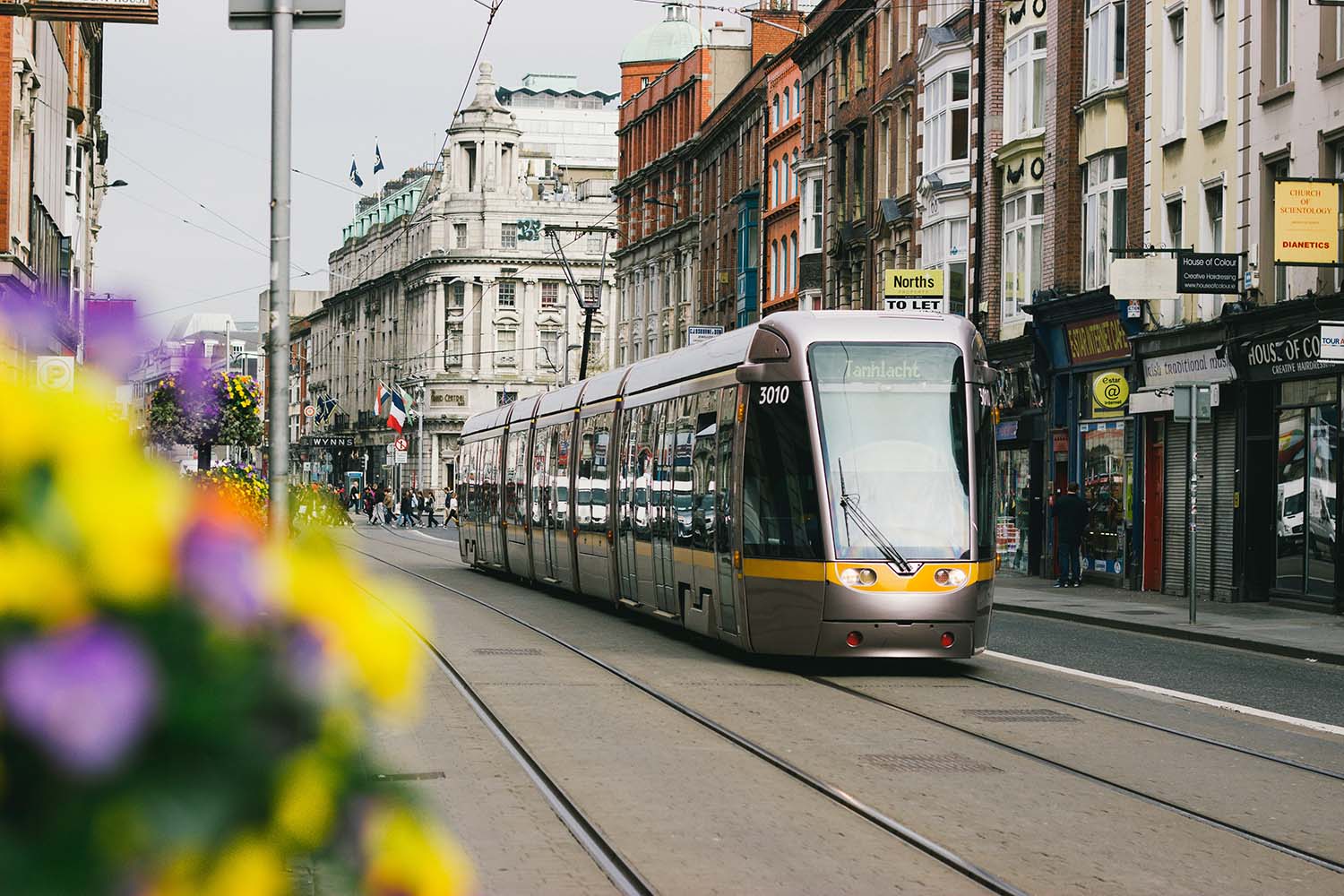Major survey of public transport experts reveals: quality service, not low fares, will increase ridership

Public transport is the backbone of the transition towards a green and sustainable mobility of the future. Not at least since the start of the corona pandemic, the industry faces numerous challenges. For the "PTV Public Transport Trends Report 2022", PTV Group surveyed over 700 professionals - from public transport operators and new mobility providers to the public sector officials - to answer some of the most pressing questions of the industry. The full report is available for download: https://discover.ptvgroup.com/Download-PTV-Public-Transport-Trends-Report-2022
Main challenges: Service quality & punctuality
The pandemic took its toll on public transportation. 78% of respondents still see returning passenger numbers to pre-pandemic levels as an important issue. However, the results of the PTV survey point out the most acute challenges being in improving quality of service (88%), as well as punctuality (80%), coverage, and accessibility (80%). A majority of 75% also rates decarbonization (e-busses, renewable energy, etc.) among the main challenges of the industry.
According to respondents, mobility hubs – where numerous sustainable transport modes are located - are among the strategies to enhance urban mobility. However, the PTV study shows that such concepts have so far only been implemented to a limited extent. Just 19% of respondents say their organization is already active in this area.
When it comes to sharing services, things look better. One third of respondents say they already integrated shared services into their offering. So, it comes as no surprise that over half of the participants consider transforming from pure public transport operations into more holistic mobility service providers.
What makes people switch to public transport?
Shifting people from private cars to public transport is an important step towards a green change in mobility. According to the surveyed public transport experts, the most important incentives are better accessibility (95%), more frequent service & on-demand services (95%) and integration with other mobility services (87%). In contrast, cheaper ticket prices, as they are often discussed these days, only play a smaller role. Just 26% of participants consider price reductions to be the decisive argument for more people to use public transportation.
Effects of technological developments
Every mode of public transit involves technology and is supported and influenced by digital means. More than half of those surveyed say that electrification and decarbonization technologies will influence their business in the next 5 to 10 years. Also mentioned are apps, for example for planning and booking trips (36%); and artificial intelligence in the area of data analysis and operational planning (31%).
The PTV survey also shows that connected and autonomous vehicles are increasingly relevant to the industry – 40% of respondents are of this opinion, and 20% already work on related projects.
PTV also asked the participants how they use tech to tackle challenges in their daily work: More than half use software for demand & supply planning, and 43% for network planning & optimization.
“There is huge potential for cities to become more livable and sustainable by extending public transport, converting it to electric vehicles, and integrating it with other modes into a multimodal, demand-responsive system”, explains Arnd Vogel, a modelling expert at PTV Group. “Transportation planning based on modeling tools and data helps cities and operators to take the right decisions in this process, regarding fleets, hubs, regulations and operations.”

PTV. Verbeteren van transport & mobiliteit.
PTV Group hanteert een holistische benadering die alle aspecten van verkeer, vervoer en logistiek integreert om duurzame mobiliteit te creëren en te bevorderen. De PTV Group biedt software-oplossingen en consultancy om transport & mobiliteit te versterken voor een schonere en slimmere toekomst. De ‘best-in-class’ software voor intelligente verkeersmanagement en transportoptimalisatie maakt het besluitvormers in de politiek, steden, industrie en handel mogelijk om tijd en geld te besparen, de wegen veiliger te maken en het milieu te beschermen. De software van PTV simuleert en visualiseert vandaag hoe de mobiliteit van morgen met al zijn ecosystemen en dimensies kan worden gerealiseerd - van strategische verkeersplanning tot micromobiliteit voor de first- en last-mile.
Het bedrijf werd in 1979 opgericht. Vandaag de dag werken ongeveer 900 medewerkers wereldwijd aan toekomstgerichte oplossingen om intelligente en milieuvriendelijke transport & mobiliteit voor iedereen te creëren.

